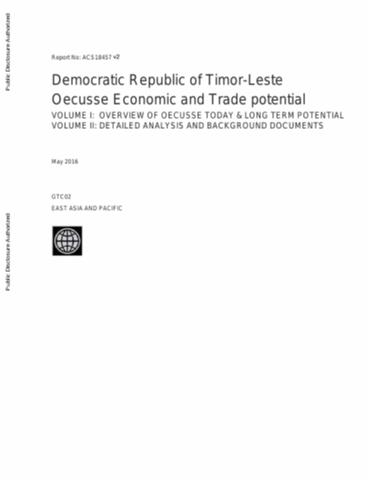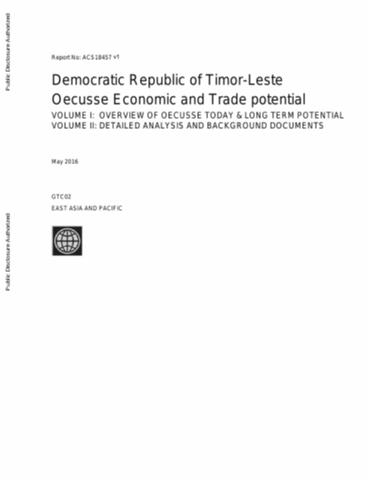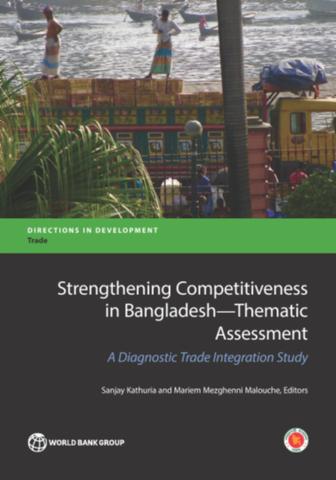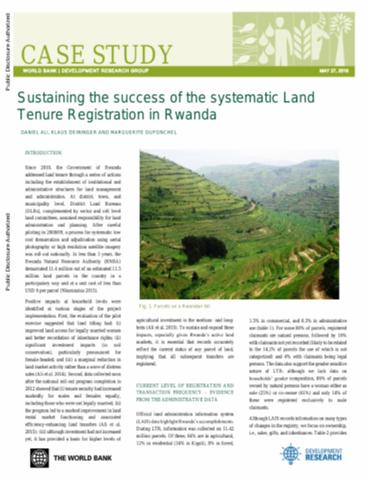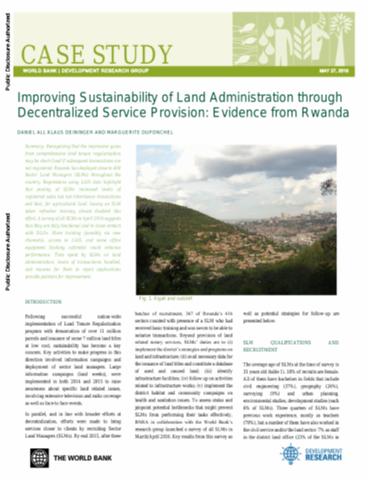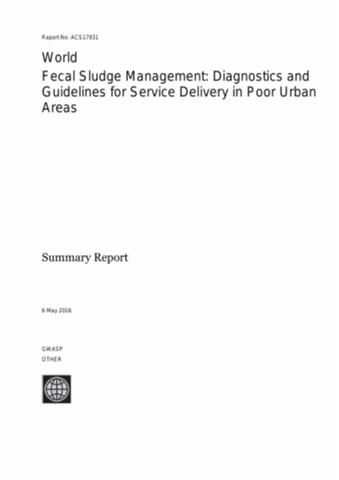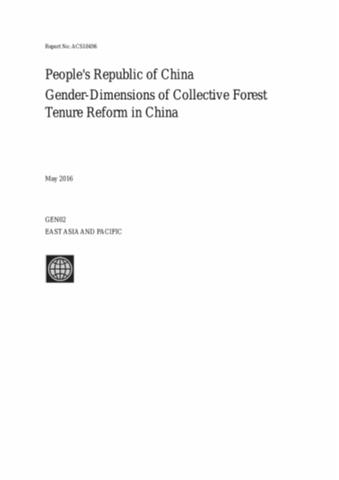
Topics and Regions
Details
Location
Contributions
Displaying 561 - 570 of 630Timor-Leste - Oecusse Economic and Trade Potential
This report responds to a request from the Government of Timor-Leste (GoTL) and Dr. Mari Alkatiri. The request was for World Bank assistance to collaborate on a range of studies relating to opportunities in the special economic zone, including community development, trade and competitiveness, and regional integration. The analysis builds on a situation analysis prepared by the Zona Especial de Economia Social de Mercado (ZEESM) authority in March 2014.
Timor-Leste - Oecusse Economic and Trade Potential
This report responds to a request from the Government of Timor-Leste (GoTL) and Dr. Mari Alkatiri. The request was for World Bank assistance to collaborate on a range of studies relating to opportunities in the special economic zone, including community development, trade and competitiveness, and regional integration. The analysis builds on a situation analysis prepared by the Zona Especial de Economia Social de Mercado (ZEESM) authority in March 2014.
Strengthening Competitiveness In Bangladesh—Thematic Assessment
This is volume 2 of a three-volume publication on Bangladesh’s trade prospects. Bangladesh’s ambition is to build on its very solid growth and poverty reduction achievements, and accelerate growth to become a middle income country by 2021, and share prosperity more widely amongst its citizens. This includes one of its greatest development challenges: to provide gainful employment to the over 2 million people that will join the labor force each year over the next decade. Moreover, only 54.1 million of its 94 million working age people are employed.
The Kurdistan Region of Iraq
The Kurdistan Region of Iraq (KRI) is a constitutionally recognized semiautonomous region in northern Iraq. Its government, the Kurdistan Regional Government (KRG), based in Erbil, has the right, under the Iraqi constitution of 2005, to exercise legislative, executive, and judicial powers according to the constitution, except in what is listed therein as exclusive powers of the federal authorities. The Iraqi constitution defines the Kurdistan Region as a federal entity of Iraq. KRG has a parliamentary democracy with a regional assembly that consists of 111 seats.
Sustaining the Success of the Systematic Land Tenure Registration in Rwanda
Since 2010, the Government of Rwanda addressed land tenure through a series of actions including the establishment of institutional and administrative structures for land management and administration. At district, town, and municipality level, District Land Bureaus (DLBs), complemented by sector and cell level land committees, assumed responsibility for land administration and planning. After careful piloting in 2008/09, a process for systematic low cost demarcation and adjudication using aerial photography or high resolution satellite imagery was roll-out nationally.
Improving Sustainability of Land Administration through Decentralized Service Provision
Recognizing that the impressive gains from comprehensive land tenure regularization may be short-lived if subsequent transactions are not registered, Rwanda has deployed close to 400 Sector Land Managers (SLMs) throughout the country. Regressions using LAIS data highlight that posting of SLMs increased levels of registered sales but not inheritance transactions and that, for agricultural land, having an SLM taken refresher training almost doubled this effect. A survey of all SLMs in April 2016 suggests that they are fully functional and in close contact with DLOs.
Quantifying Spillover Effects from Large Land-based Investment
Almost a decade after a spike in land demand following the 2007–08 commodity boom, evidence on impacts of this phenomenon remains limited and mostly case study based. We show that information on location and start data of large farms, combined with existing smallholder farm surveys, allows to complement this with a difference-in-difference approach to systematically assess spillovers from large farm establishment.
Rules on Paper, Rules in Practice
The primary focus of this book is on a specific outcome of the rule of law: the practical enforcement of laws and policies, and the determinants of this enforcement, or lack thereof. Are there significant and persistent differences in implementation across countries? Why are some laws and policies more systematically enforced than others? Are “good” laws likely to be enacted, and if not, what stands in the way? We answer these questions using a theoretical framework and detailed empirical data and illustrate with case studies from Morocco, Tunisia and Jordan.
Fecal Sludge Management
Urban sanitation remains a significant challenge for most low- and middle-income countries. While sanitation coverage has been increasing across both the 48 least developed countries (LDCs) and developing regions as a whole, progress has been relatively slow. In many cities, even where improved on-site facilities are used to contain excreta, the level of quality and access to services for the emptying, conveyance, treatment, and disposal of the resulting fecal sludge is usually limited. These services are collectively called fecal sludge management (FSM) services.
Gender-Dimensions of Collective Forest Tenure Reform in China
The reform of China's collectively owned forest land, began in 2008, is arguably the largest land-reform undertaking in modern times in terms of area and people affected. Under the reform, forest lands have been contracted to rural households, allowing them more independence in exercising their rights and interests in the forest lands, giving them more opportunities to improve family incomes, and creating incentives for them to cultivate, conserve, and manage forests. These lands are home to some 610 million people, many of them poor.

